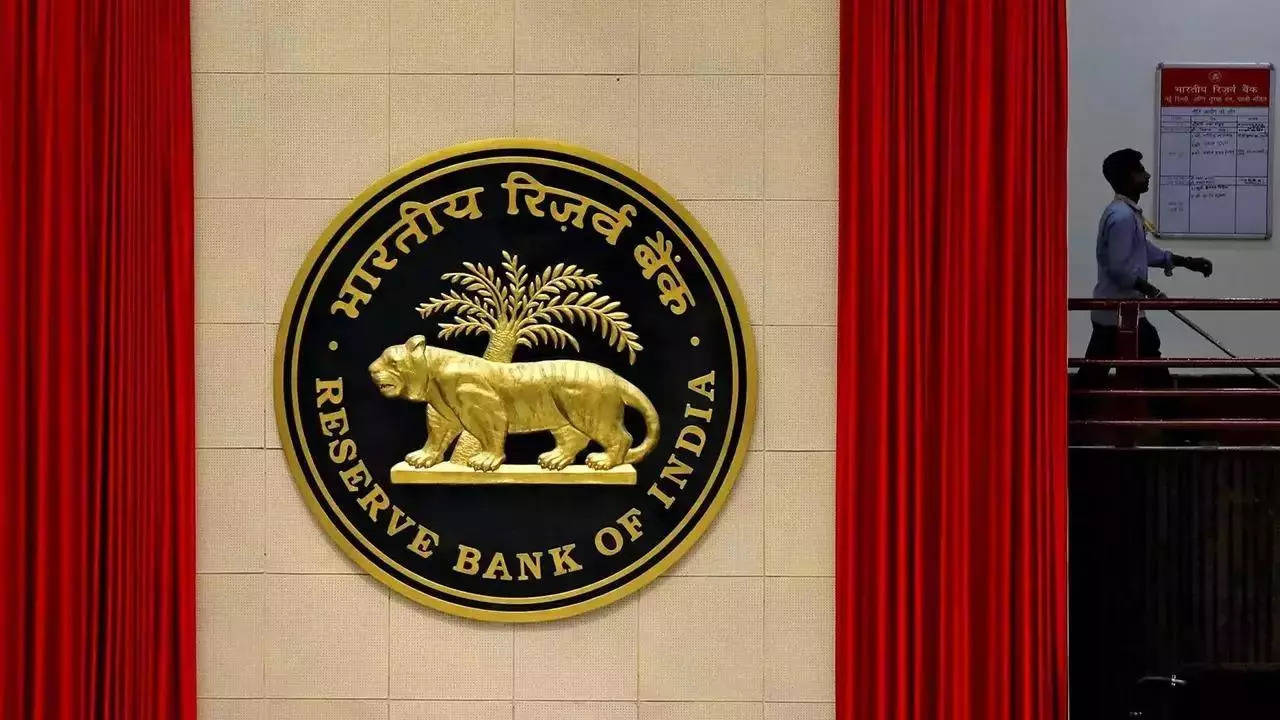[ad_1]
RBI on Monday warned lenders to not levy curiosity from the date of mortgage sanction, as an alternative of precise disbursement. In a house mortgage or different loans, there’s typically a lag between sanction and disbursement and charging it from the date of sanction imposes further curiosity value on the borrower.
Charging curiosity from the date of mortgage sanction or mortgage settlement execution reasonably than from the date of precise disbursement is a violation of truthful lending practices norms.Prospects find yourself paying curiosity on cash they haven’t acquired, which inflates the price of borrowing. Second, within the case of loans disbursed by cheque, charging curiosity from the date of the cheque reasonably than when it is cashed or deposited can result in prospects being charged for funds they have not accessed. These practices lead to prospects paying greater than they need to for borrowing cash and eroding belief within the lending establishment. Equally, RBI stated it had come throughout situations the place banks or NBFCs had been levying curiosity for your complete month even when the mortgage was disbursed or repaid inside the month. Once more, prospects find yourself paying extra curiosity than they need to, as they’re being charged for days when the mortgage has already been repaid.
In addition to, they had been accumulating advance instalments whereas nonetheless charging curiosity on the complete mortgage quantity.
Recovering curiosity on full mortgage quantities, even in instances the place the instalment was paid prematurely, ends in overcharging, as prospects are paying curiosity on mortgage quantities they haven’t acquired or utilized. For instance, if a buyer takes out a mortgage of Rs10,000 and the reimbursement schedule requires month-to-month instalments over a interval of 12 months, the lender collects two instalments prematurely, totalling Rs2,000, on the time of mortgage disbursement. Regardless of solely receiving Rs 8,000, the lender calculates curiosity expenses based mostly on the complete Rs 10,000 mortgage quantity.
In keeping with RBI, the 2003 tips on the Truthful Practices Code advocate equity and transparency in charging rates of interest. Nevertheless, these don’t prescribe any commonplace apply with the target of offering enough freedom to lenders concerning their mortgage pricing coverage.
In its letter, RBI stated that non-standard practices of charging curiosity “aren’t in consonance with the spirit of equity and transparency”.
Charging curiosity from the date of mortgage sanction or mortgage settlement execution reasonably than from the date of precise disbursement is a violation of truthful lending practices norms.Prospects find yourself paying curiosity on cash they haven’t acquired, which inflates the price of borrowing. Second, within the case of loans disbursed by cheque, charging curiosity from the date of the cheque reasonably than when it is cashed or deposited can result in prospects being charged for funds they have not accessed. These practices lead to prospects paying greater than they need to for borrowing cash and eroding belief within the lending establishment. Equally, RBI stated it had come throughout situations the place banks or NBFCs had been levying curiosity for your complete month even when the mortgage was disbursed or repaid inside the month. Once more, prospects find yourself paying extra curiosity than they need to, as they’re being charged for days when the mortgage has already been repaid.
In addition to, they had been accumulating advance instalments whereas nonetheless charging curiosity on the complete mortgage quantity.
Recovering curiosity on full mortgage quantities, even in instances the place the instalment was paid prematurely, ends in overcharging, as prospects are paying curiosity on mortgage quantities they haven’t acquired or utilized. For instance, if a buyer takes out a mortgage of Rs10,000 and the reimbursement schedule requires month-to-month instalments over a interval of 12 months, the lender collects two instalments prematurely, totalling Rs2,000, on the time of mortgage disbursement. Regardless of solely receiving Rs 8,000, the lender calculates curiosity expenses based mostly on the complete Rs 10,000 mortgage quantity.
In keeping with RBI, the 2003 tips on the Truthful Practices Code advocate equity and transparency in charging rates of interest. Nevertheless, these don’t prescribe any commonplace apply with the target of offering enough freedom to lenders concerning their mortgage pricing coverage.
In its letter, RBI stated that non-standard practices of charging curiosity “aren’t in consonance with the spirit of equity and transparency”.
[ad_2]
Supply hyperlink


